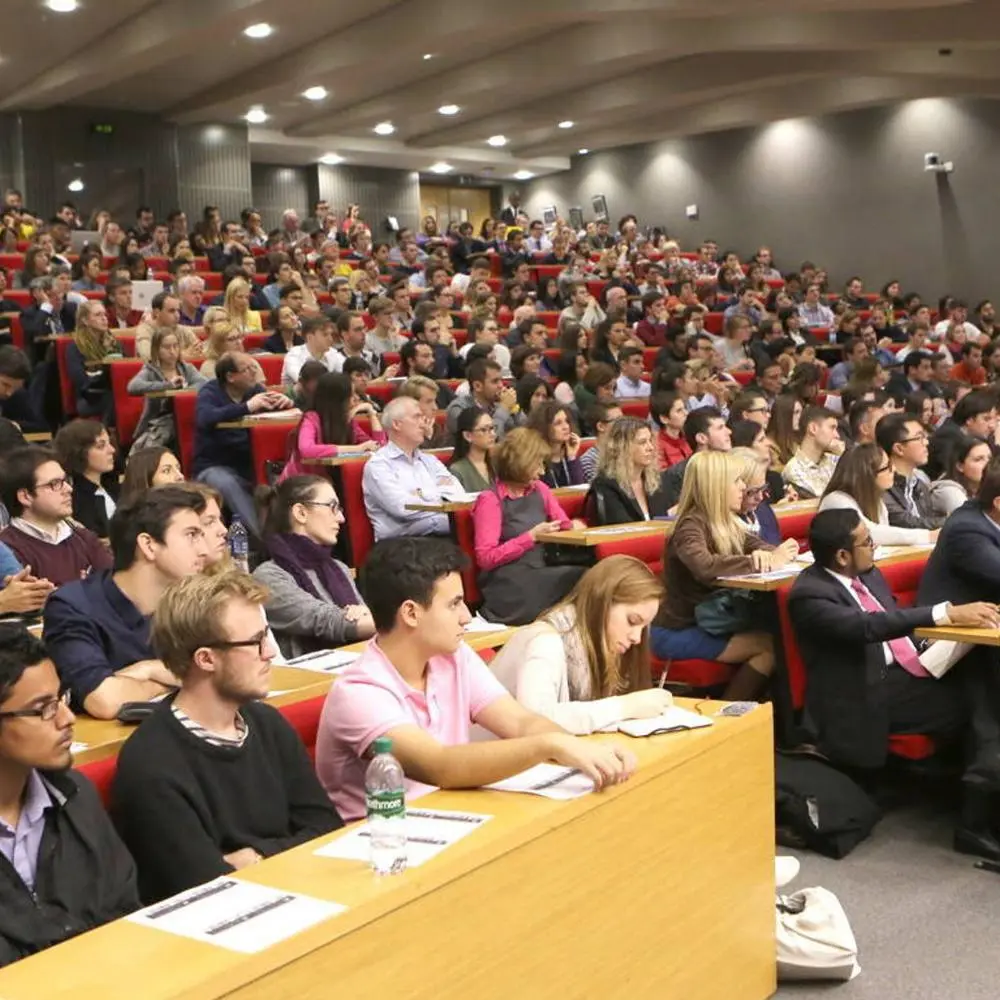Central and eastern Europe's prospects for euro adoption
Only 7 of the 27 European Union (EU) countries are not members of the union’s common currency area – the euro area - and most of them are in Central-Eastern Europe (CEE): Bulgaria, Czechia, Hungary, Poland, and Romania. Except for Bulgaria, they are all far from meeting the membership convergence criteria, which is mainly a reflection of their governments’ lukewarm – or sometimes even hostile - attitude towards euro adoption in the past two decades. In contrast, other CEE states opted for an "as-early-as-possible" adoption of the common currency (Slovenia, Slovakia, Croatia, and the three Baltic states).
The time has come to revisit the pros and cons of euro adoption in the CEE region. What is the record of existing EMU-CEE countries under euro area membership? How this compares to their own expectations and to experiences of countries outside the EMU, particularly with regards to the post-pandemic inflation experience? Have plans in non-EMU countries are changing in light of these experiences as well as new challenges such as security issues in the wake of Russia’s war against Ukraine?
This panel of high-level policy makers and academics will look at this question from various complementing angles and will discuss prospects for euro adoption in non-eurozone countries.
Meet our speakers and chair
Reiner Martin isExecutive Director of the National Bank of Slovakia.
Piroska Nagy Mohacsi isavisiting professor of the LSE Firoz Lalji Institute for Africa.
Atanas Pekanov is a monetary economist WIFO Wien and former Deputy Prime Minister of Bulgaria (via Zoom).
Agnieszka Smoleńska is a senior policy fellow at the Centre for Economic Transition Expertise (CETEx) and assistant professor at the Florence School of Banking and Finance.
Angelo Martelli is Assistant Professor at the LSE European Institute.
More about this event
The European Institute (@LSEEI) is a centre for research and graduate teaching on the processes of integration and fragmentation within Europe.
The Centre for Economic Transition Expertise (@CETEx_LSE) is a specialised research and policy centre to support the ambitious reforms required to deliver sustainable, inclusive and resilient economies and financial systems across Europe.
The LSE SU European Society is an LSE student society for all students interested in Europe - whether European national or EU enthusiast. They specialise in hosting senior speakers leading thought, research and policy on European issues on issues covering politics, economics, international relations and much more.
Podcast & Video
A podcast of this event is available to download from Central and eastern Europe's prospects for euro adoption.
A video of this event is available to watch at Central and eastern Europe's prospects for euro adoption.
Podcasts and videos of many LSE events can be found at the LSE Public Lectures and Events: podcasts and videos channel.
LSE holds a wide range of events, covering many of the most controversial issues of the day, and speakers at our events may express views that cause offence. The views expressed by speakers at LSE events do not reflect the position or views of The London School of Economics and Political Science.
From time to time there are changes to event details so we strongly recommend that if you plan to attend this event you check back on this listing on the day of the event.
Whilst we are hosting this listing, LSE Events does not take responsibility for the running and administration of this event. While we take responsible measures to ensure that accurate information is given here this event is ultimately the responsibility of the organisation presenting the event.
LSE holds a wide range of events, covering many of the most controversial issues of the day, and speakers at our events may express views that cause offence. The views expressed by speakers at LSE events do not reflect the position or views of the London School of Economics and Political Science.
